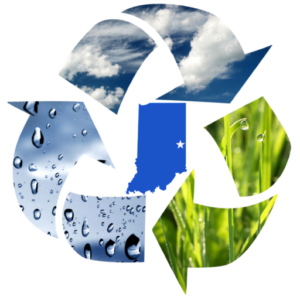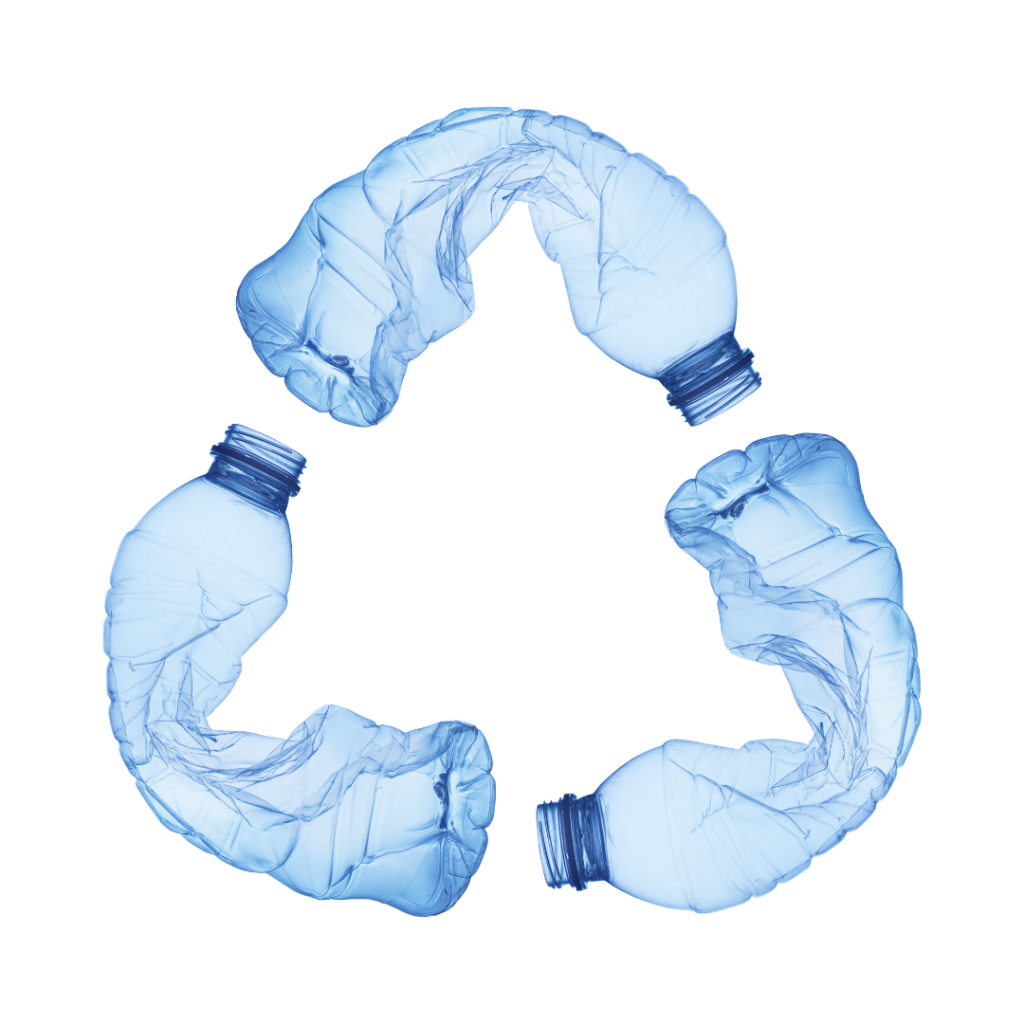We are fortunate in Randolph County to have 34 recycling drop off sites in various convenient locations in Winchester, Union City, Parker City, Farmland, Modoc, Saratoga, and Lynn. The bins are single stream, which means that no sorting is necessary, all materials should be placed in the bins unbagged. What kinds of waste can legally be placed in the bins?
- All kinds of paper, including newspaper, junk mail, magazines, and the like. No shredded paper please, as it flies all over the place and makes a terrible mess! And no wrapping paper, paper plates, paper towels or tissues. Paper should be clean and dry.
- Cardboard boxes of all kinds are accepted. Please break them down so they do not take so much room! No wet or dirty cardboard, no greasy pizza boxes.
- All types of metal cans. Cans should be clean, but labels do not need to be removed.
- Any color of glass container, clean and unbroken. No auto glass, windows, or TV tubes.
This brings us to the next category of waste that can be placed in our recycling bins—plastic. For many years, we have been able to accept all kinds of plastics however that is no longer the case. Due to the lack of marketability, we can now only accept plastics with the resin code numbers 1 and 2. All other plastics must be thrown in the regular trash. So, here’s the scoop on plastics in the bins:
- Only plastics 1 and 2 are accepted. This includes but is not limited to water bottles, milk jugs, clamshell packaging, etc. See our website for a more complete look at the kinds of products come in plastics 1 and 2. Containers should be clean, but labels do not need to be removed.
- Please dump plastics in the bin loosely. In other words, don’t put in bags full of plastic containers.
- In addition to not taking plastic containers 3 through 7, we also cannot take any sort of film plastic. No plastic bags, plastic wrap, plastic packaging, etc. all these can be taken back to retail stores to be recycled.
Throwing items that are not recyclable into the bins creates contamination in the recycling stream. The contamination causes the amount of labor to increase in the sorting and baling process which results in an increase of recycling costs. It also makes it more difficult to find a market for the contaminated materials. If you are not sure whether an item is recyclable, the best thing to do, assuming there is no way to reuse or donate the item, is to throw it away to avoid contaminating the recycling stream. “When in doubt, throw it out” as they say.
If it makes you a little sad to see all those plastic containers go in the trash, you are not alone. It makes us sad, too. Until the day comes when they can be recycled, strive to reduce the amount of plastic containers that come in to your home or business. Reuse as many containers and bags as possible. Purchase items that are made from recycled material, or are made from materials that can be recycled.


